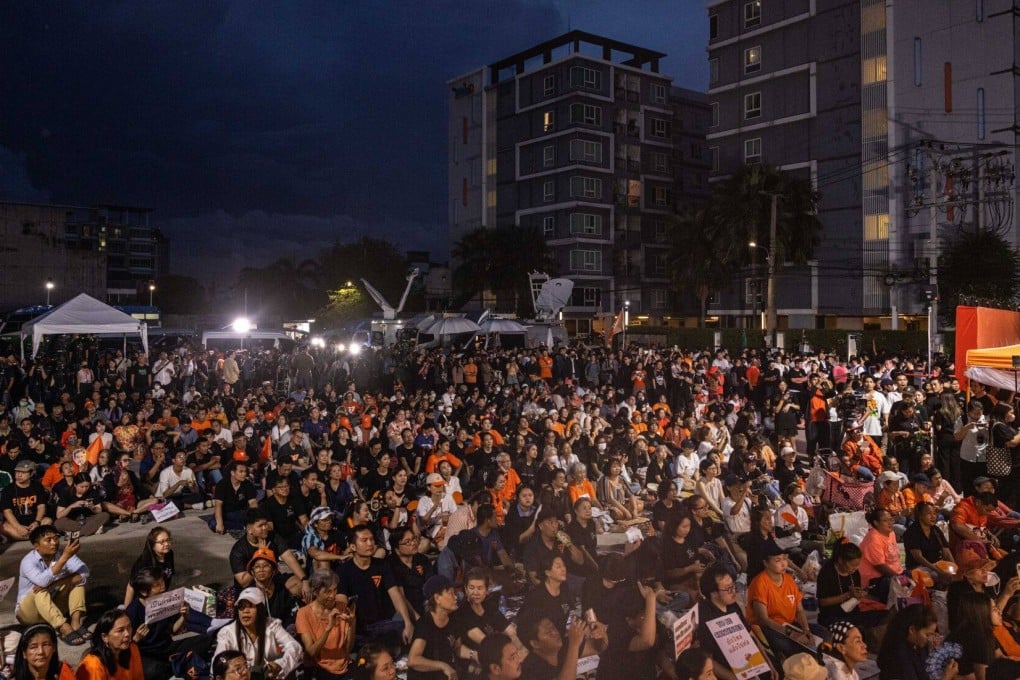Asian Angle | Will dissolution of Thailand’s Move Forward Party reignite wave of youth-led protests?
- Thailand’s youth has been subdued in the wake of a ‘rerun’ of events that previously led to the Future Forward party’s dissolution

This commentary does not analyse the court’s decision or its political implications, but rather aims to point out that a group of actors has been missing from the main political stage in the aftermath of MFP’s dissolution: the Thai youth.
The relatively quiet response from the country’s young people is noteworthy for several reasons. MFP and its former leader, Pita Limjaroenrat, who led the party to victory in 2023, were especially popular among young Thais. More importantly, the dissolution of MFP is largely a rerun of another watershed episode in Thai politics from 2020. MFP’s predecessor, the Future Forward party, was dissolved, and its executive committee members barred from politics, after unexpectedly strong election results. Most of the members of parliament from Future Forward moved to MFP, which became the successor of Future Forward’s progressive policies.

So, if this is indeed a rerun, should we expect another round of national protests, perhaps with similar fervour and fiery rhetoric as those from 2020? It seems quite unlikely.

.jpg?itok=XiIOVBkl&v=1723802524)